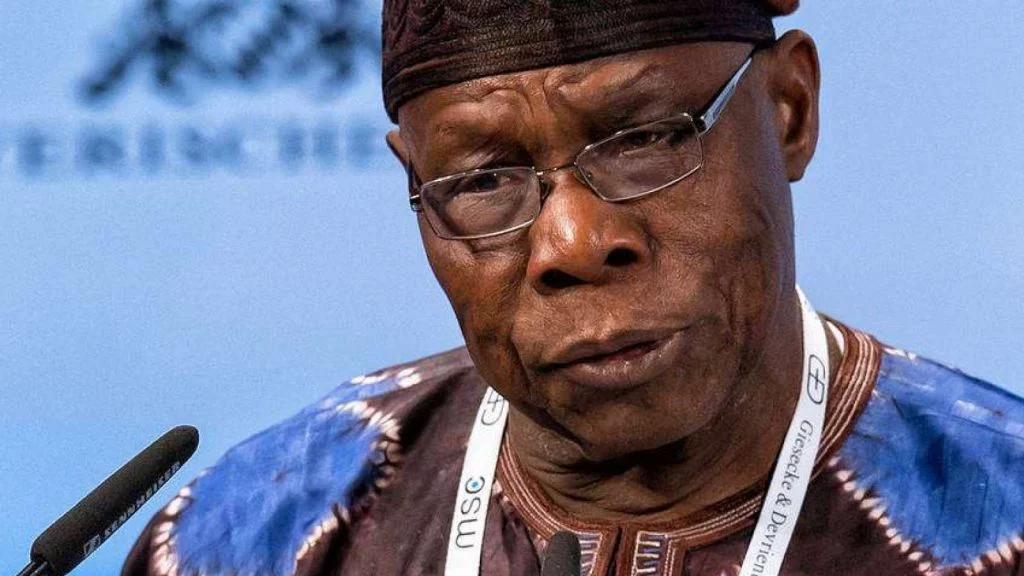Over the years, Nigerians have made their mark on the global stage by setting and breaking Guinness World Records across diverse fields.
Here are ten Nigerians who have earned a place in the Guinness World Records:
1. Hilda Baci – Longest Cooking Marathon
Celebrity chef Hilda Baci captured national and international attention in May 2023 after cooking for 100 hours, setting the Guinness World Record for the longest cooking marathon by an individual. Though her record was later surpassed, Baci has remained at the forefront of culinary challenges.
At the time of writing this report, Baci is attempting to cook the largest pot of Jollof rice in collaboration with a food brand.
2. Tunde Onakoya – Longest Chess Marathon
Chess master and founder of Chess in Slums Africa, Tunde Onakoya, etched his name in history on April 17, 2025, after playing non-stop chess for 64 hours in New York, USA. His successful attempt came a year after an earlier effort, which, though unsuccessful in breaking the record, raised over $100,000 for his charity initiative. The 64-hour duration was symbolic, representing the total number of squares on a chessboard.
READ ALSO:Drama As Hilda Baci’s Jollof Pot Falls After GWR Attempt
3. Ojumola Bello – Longest Acting Marathon
Nollywood actress
Ojumola Bello made history in September 2024 when she completed 139 hours and 19 minutes of non-stop acting. The marathon, held at Pent View Hotel in Ikorodu, ran from September 22 to 27, making her the first Nigerian actress to secure such a feat in the global records.
4. Helen Williams – Longest Handmade Wig
Helen Williams is a professional wig maker based in Lagos who turned her craft into a world-class achievement. At just 31, she entered the Guinness World Records in July 2023 with the longest handmade wig, measuring 351.28 metres longer than the Eiffel Tower. Her record reflects not only skill and creativity but also Nigeria’s growing influence in the global beauty and fashion industry.
5. Divine Ikubor (REMA)
Divine Ikubor, professionally known as Rema, is a Nigerian Afrobeats star whose global rise has redefined the country’s music scene. In May 2023, he made history as the first artist to top the MENA charts, earning a Guinness World Records title. His breakout hit Calm Down, released on February 11, 2022, quickly became one of the fastest songs to surpass 100 million streams on Spotify, cementing his status as one of Africa’s most influential young artists.
READ ALSO:Guinness World Records Certifies UNILAG Graduate For Record-breaking Catwalk
6. Kafayat Oluwatoyin Shafau – Longest Dance Party
Kafayat Oluwatoyin Shafau, popularly known as Kaffy, is Nigeria’s most celebrated dancer, choreographer, and fitness coach. She rose to international fame in 2006 after leading a team to break the Guinness World Record for the longest dance party during the Nokia Silverbird Danceathon. Today, she remains a trailblazer in the entertainment industry and a role model for young African performers.
7. Wizkid – One Billion Streams
Ayodeji Balogun, popularly known as Wizkid, one of Nigeria’s most internationally recognized musicians, came to the Guinness World Record spotlight when he featured on Drake’s hit single One Dance, which became the first track to surpass one billion streams on Spotify. The song was released on December 16, 2016.
One Dance marked a significant moment in global music, further solidifying Wizkid’s place in the international music scene. With the song, Wizkid became the first Afrobeats artist to achieve one billion streams on Spotify.
READ ALSO:Guinness World Record Names 116-year-old Japanese World Oldest Person
8. Lucy Ejike – Heaviest Powerlifter
Lucy Ejike is a decorated Nigerian Paralympian and one of the country’s most celebrated powerlifters. She made history at the Rio 2016 Paralympic Games by lifting 142 kg in the -61 kg category, setting a Guinness World Record for the heaviest powerlift by a female athlete in that division. Her dominance in the sport stretches back to the Athens 2004 Paralympics, where her 127.5 kg lift in the -44 kg class secured gold and established a record that still stands today.
9. Fela Kuti – Most Studio Albums Recorded By A Solo Artist
Fela Anikulapo Kuti, the legendary Afrobeat pioneer, holds a Guinness World Records title for the most studio albums recorded by a solo artist. Between 1969 and 1992, he released 46 albums over a 23-year career, leaving behind a body of work that continues to shape global music and political activism.
10. Adeoye Ajibola – Paralympic Athletes
Adeoye Ajibola, a Nigerian Paralympic sprinter, made history at the 1992 Barcelona Paralympic Games when he ran the men’s 100 metres in 10.72 seconds. Competing in the T46 classification for athletes with limb impairments, he set a Guinness World Records mark and remains celebrated as one of Nigeria’s greatest Paralympic athletes.
11. Joy Onaolapo – Paralympic powerlifter
Joy Onaolapo was a Nigerian Paralympic powerlifter who delivered an unforgettable performance at the London 2012 Games. On September 1, she won a gold medal in the women’s -52 kg category after lifting 131 kg, a feat that secured her place in the Guinness World Records, among Nigeria’s sporting legends and inspired future generations of para-athletes.
